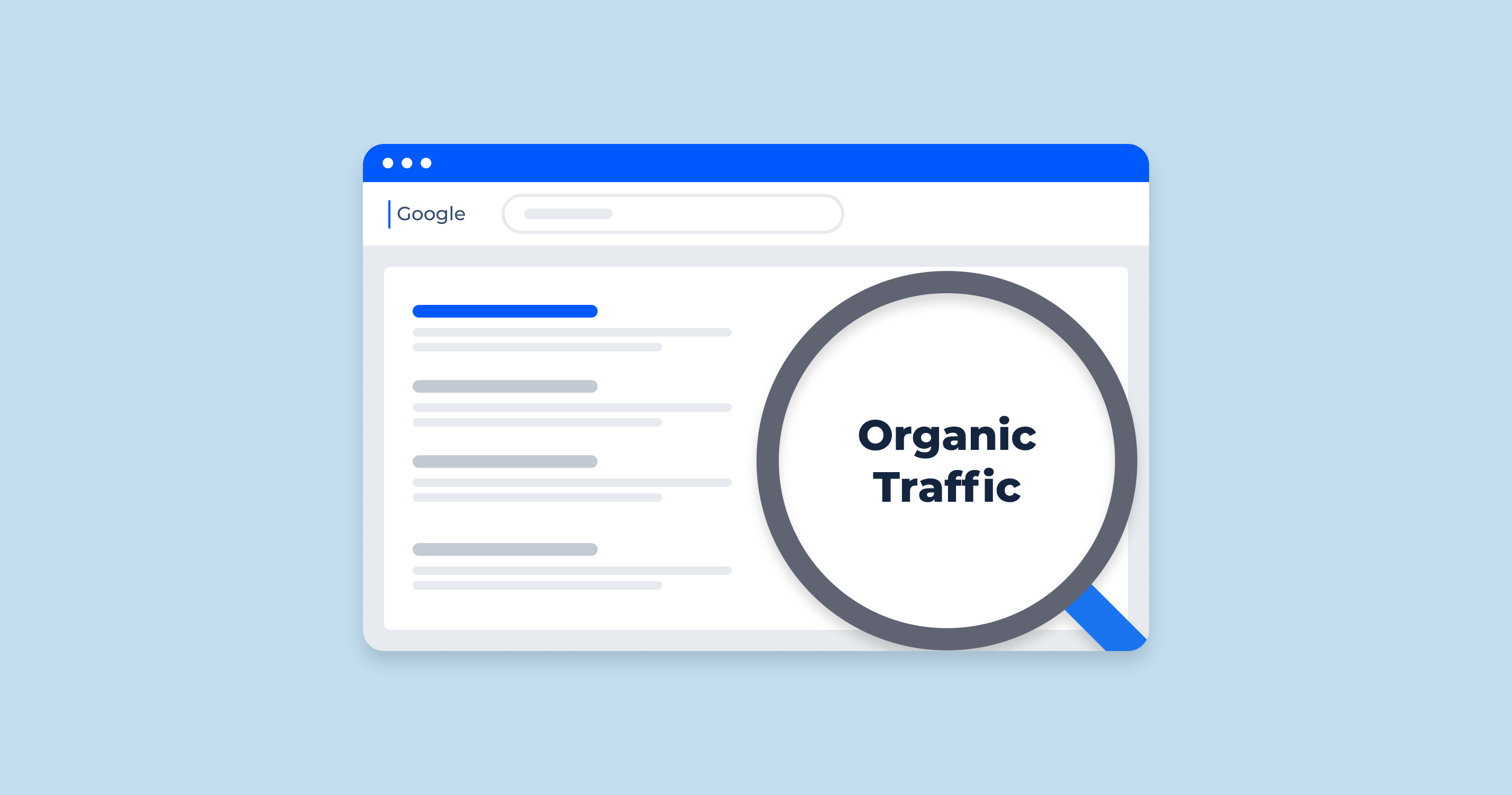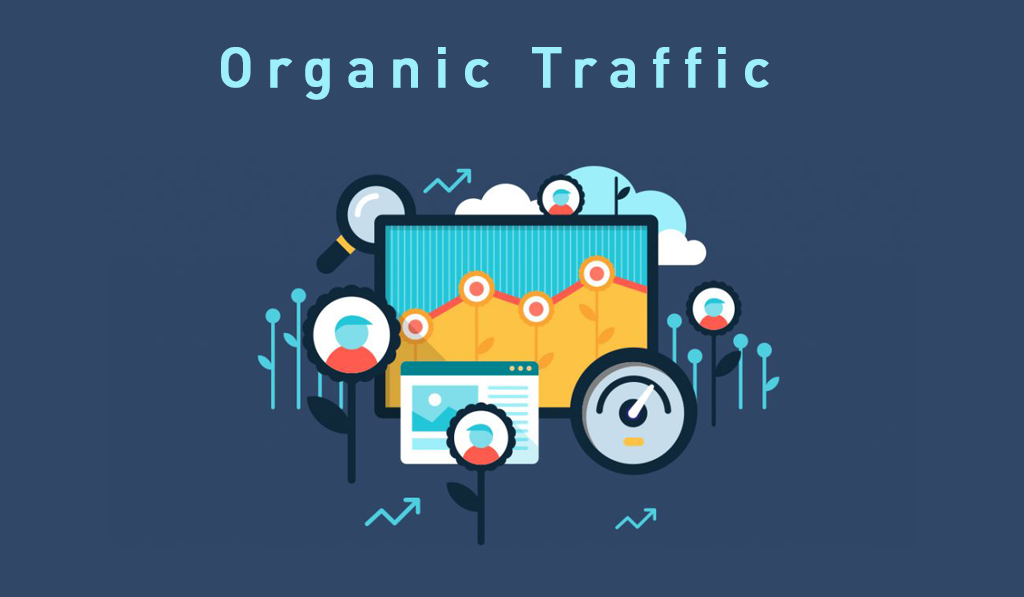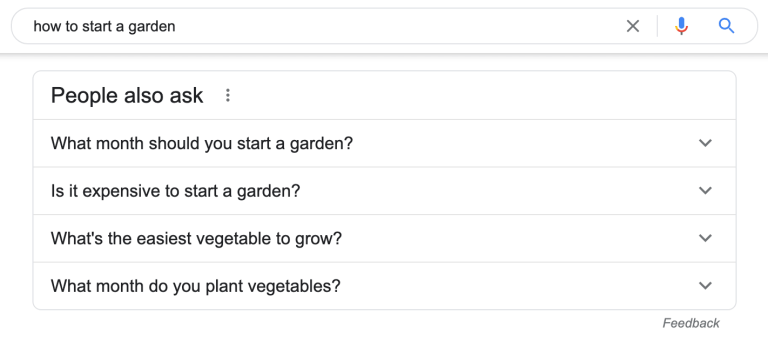Organic traffic refers to visitors who land on a website through unpaid search engine results. This type of traffic is crucial for online visibility.
Organic traffic plays a vital role in digital marketing. It is the result of effective search engine optimization (SEO) strategies. By creating high-quality, relevant content, websites can rank higher in search engine results pages (SERPs). This increased visibility attracts more visitors without the need for paid advertisements.
High organic traffic often indicates that a website provides valuable information, leading to higher engagement and potential conversions. Businesses and content creators focus on optimizing their websites to boost organic traffic. This not only enhances credibility but also drives long-term growth and success.

Credit: sitechecker.pro
Introduction To Organic Traffic
Understanding organic traffic is crucial for any website owner. It’s the lifeblood of online visibility. This section will guide you through the basics. You’ll learn what organic traffic is and why it matters.
Definition Of Organic Traffic
Organic traffic refers to visitors who come to your site naturally. These visitors find your site through search engines like Google. They do not come through paid ads or direct links.
Here are some key points about organic traffic:
- It is free. No payment is needed for these visits.
- It is driven by search engine rankings.
- It is highly targeted. Visitors are often looking for specific information.
Importance Of Organic Traffic
Organic traffic is essential for several reasons. It helps build trust with your audience. Search engines rank websites based on their relevance and quality. High organic traffic indicates your site is valuable and trustworthy.
Here are some benefits of organic traffic:
| Benefit | Description |
|---|---|
| Cost-Effective | It does not require a budget for ads. |
| Long-Term Results | Organic traffic can grow over time. |
| High Engagement | Users are more likely to interact with your content. |
Focus on building quality content. This helps improve your search engine ranking. Quality content attracts more organic traffic. The more organic traffic you get, the better your site’s performance.

Credit: daassuite.com
How Search Engines Work
Understanding how search engines work is essential for improving organic traffic. Search engines like Google use complex systems to rank web pages. This process involves search engine algorithms and the role of keywords. Let’s dive into these critical aspects.
Search Engine Algorithms
Search engine algorithms determine the ranking of web pages. They use various factors to make this decision. Some key elements include:
- Relevance: How closely the content matches the search query.
- Authority: The credibility of the website.
- User Experience: How easy the site is to use.
These algorithms constantly update to improve user experience. Staying updated with these changes is crucial.
Role Of Keywords
Keywords play a vital role in how search engines understand content. They help match search queries with relevant web pages. Here are some tips on using keywords effectively:
- Use primary keywords in titles and headers.
- Incorporate secondary keywords throughout the content.
- Avoid keyword stuffing; it can hurt your ranking.
Using keywords strategically boosts your visibility. It helps search engines understand your content better.
Benefits Of Organic Traffic
Organic traffic is a valuable asset for any website. It refers to visitors coming to your site from unpaid search results. There are several benefits to focusing on organic traffic. These benefits can significantly improve your site’s performance and visibility.
Cost-effectiveness
Organic traffic is very cost-effective. You don’t have to pay for clicks or impressions. Unlike paid ads, organic traffic doesn’t require a continuous budget. Once your content ranks well, it continues to attract visitors. This can save a lot of money over time.
Here is a comparison between organic and paid traffic:
| Organic Traffic | Paid Traffic |
|---|---|
| No cost per click | Cost per click |
| Long-lasting results | Short-term results |
| Trust and credibility | Less trust |
Long-term Results
With organic traffic, you can expect long-term results. Good SEO practices can keep your content visible for years. This means a steady flow of visitors without extra costs. Consistent traffic helps build your brand’s authority.
Consider these long-term benefits of organic traffic:
- Stable traffic over time
- Higher trust and credibility
- Better user experience
Investing in organic traffic pays off in the long run. You’ll see continuous growth and engagement. This makes your website a reliable source of information.

Credit: outreachmonks.com
Strategies To Increase Organic Traffic
Understanding how to increase organic traffic to your website is crucial. Organic traffic comes from unpaid search engine results. Below are effective strategies to boost organic traffic.
Content Marketing
High-quality content can attract more visitors. Create unique and engaging articles. Use keywords naturally within the text. Answer common questions related to your niche. This improves your site’s relevance.
Use a mix of content types:
- Blogs
- Infographics
- Videos
- Podcasts
Consistency is key. Post regularly to keep your audience engaged. Use social media to share your content. This increases visibility and drives traffic.
Search Engine Optimization (seo)
SEO is vital for boosting organic traffic. Use relevant keywords in your content. Focus on both short-tail and long-tail keywords.
Optimize the following elements:
- Title Tags: Include your main keyword.
- Meta Descriptions: Write compelling summaries.
- Headings: Use H1, H2, and H3 tags appropriately.
- Alt Text: Describe images with keywords.
Improve your site’s loading speed. A fast website enhances user experience. Also, ensure your site is mobile-friendly. Google favors mobile-optimized sites.
Backlinks are another crucial factor. Get links from high-authority sites. This boosts your site’s credibility.
Use internal linking within your site. Link to relevant pages to keep visitors engaged. This also helps search engines understand your site structure.
Content Marketing Essentials
Content marketing is the key to driving organic traffic. It involves creating and sharing valuable content. This attracts and engages your target audience. The right strategy can skyrocket your website’s visibility.
Creating Quality Content
Quality content is the foundation of successful content marketing. It should be relevant and valuable to your audience. Here are some tips to create quality content:
- Identify your target audience’s needs.
- Conduct thorough keyword research.
- Write clear, concise, and engaging content.
- Use images and videos to enhance your message.
- Update old content to keep it relevant.
Content Distribution
Creating content is just the first step. You need to distribute it effectively. This ensures it reaches your target audience. Here are some distribution channels:
| Channel | Description |
|---|---|
| Social Media | Share content on platforms like Facebook, Twitter, LinkedIn. |
| Email Newsletters | Send updates and new content to your subscribers. |
| Guest Blogging | Write for other websites to reach a broader audience. |
| SEO | Optimize content to rank higher in search engines. |
Use multiple channels to maximize your reach. Monitor and analyze the performance of your content. This helps you refine your strategy and drive more organic traffic.
Seo Best Practices
Understanding SEO best practices is crucial for boosting organic traffic. SEO helps your website rank higher on search engines. This increases visibility and drives more traffic.
On-page Seo
On-Page SEO focuses on optimizing elements within your website. This includes:
- Keywords: Use relevant keywords in your content.
- Title Tags: Ensure each page has a unique, descriptive title.
- Meta Descriptions: Write clear, enticing meta descriptions.
- Header Tags: Use
,, andtags properly. - Internal Links: Link to other pages on your site.
- Alt Text: Add descriptive alt text to images.
Off-page Seo
Off-Page SEO involves activities outside your website. This helps in building your site’s reputation. Key strategies include:
- Backlinks: Get links from other reputable sites.
- Social Media: Share your content on social platforms.
- Guest Blogging: Write guest posts for other blogs.
- Influencer Outreach: Connect with industry influencers.
- Forum Participation: Engage in relevant online forums.
| On-Page SEO | Off-Page SEO |
|---|---|
| Keywords | Backlinks |
| Title Tags | Social Media |
| Meta Descriptions | Guest Blogging |
| Header Tags | Influencer Outreach |
| Internal Links | Forum Participation |
| Alt Text | – |
Measuring Organic Traffic
Understanding organic traffic is crucial for any website. It helps you know how visitors find your site. Measuring this type of traffic involves using various tools and metrics. This can help you improve your content and strategies.
Analytics Tools
To measure organic traffic, you need the right analytics tools. These tools help track and analyze visitor data. Some popular options include:
- Google Analytics: Free and widely used. It provides detailed insights.
- SEMrush: Paid tool. Offers in-depth keyword and traffic analysis.
- Ahrefs: Another paid option. Known for backlink and keyword research.
These tools help you see where your traffic comes from. They also show what visitors do on your site. This information is valuable for improving your online presence.
Key Metrics To Track
Tracking the right metrics is essential for understanding your organic traffic. Here are some key metrics you should focus on:
- Organic Sessions: The number of visits from search engines.
- Bounce Rate: The percentage of visitors who leave quickly.
- Average Session Duration: How long visitors stay on your site.
- Pages Per Session: The average number of pages viewed.
- Organic Conversion Rate: The percentage of visitors who complete a goal.
These metrics provide insights into visitor behavior. They help you understand what works and what needs improvement.
Common Mistakes To Avoid
Understanding organic traffic is essential for your website’s success. Yet, many make mistakes that hinder their growth. Here, we discuss the most common pitfalls to avoid. Ensure your site attracts the right visitors.
Keyword Stuffing
Keyword stuffing can harm your site’s ranking. Overloading content with keywords makes it unreadable. Search engines also penalize this behavior. Aim for a natural flow in your writing.
Use keywords wisely. Insert them where they fit naturally. Focus on providing value to your readers. A good rule of thumb is to keep keyword density under 2%.
Ignoring Mobile Optimization
Many users access websites via mobile devices. Ignoring mobile optimization can lead to a poor user experience. Ensure your site is mobile-friendly. Use responsive design techniques.
Test your site on different devices. Check for ease of navigation. Make sure buttons and links are easily clickable. Google favors mobile-optimized sites in its rankings.
| Common Mistake | Consequence |
|---|---|
| Keyword Stuffing | Penalized by search engines |
| Ignoring Mobile Optimization | Poor user experience on mobile devices |
Avoid these common mistakes to improve your organic traffic. Ensure your site is both user-friendly and search engine-friendly. Aim for long-term growth and success.
Future Trends In Organic Traffic
The landscape of organic traffic is evolving rapidly. As technology advances, new trends are shaping how users interact with search engines. These trends offer exciting opportunities for businesses to optimize their websites and attract more organic traffic.
Voice Search Optimization
Voice search is growing in popularity. Devices like Amazon Echo and Google Home are now common. Users speak their queries instead of typing them. This means businesses must adapt their content for voice search.
- Use natural language: Write in a conversational tone.
- Focus on long-tail keywords: People use longer phrases when speaking.
- Answer questions directly: Voice searches often involve questions.
Artificial Intelligence
Artificial Intelligence (AI) is transforming SEO. Search engines use AI to understand user intent better. This helps deliver more relevant results. AI algorithms analyze user behavior to improve search rankings.
| AI Application | Impact on Organic Traffic |
|---|---|
| Personalized search results | Users find more relevant content |
| Content optimization | Improves search engine rankings |
| Predictive analysis | Identifies future trends and opportunities |
Businesses should embrace AI technologies. Tools like chatbots and recommendation engines enhance user experience. This boosts engagement and drives more organic traffic.
Frequently Asked Questions
What Is Organic Traffic?
Organic traffic refers to visitors who arrive at your website through unpaid search results. These users find your site via search engines like Google, Bing, or Yahoo.
Why Is Organic Traffic Important?
Organic traffic is important because it brings highly targeted visitors to your site. These users are actively searching for information, products, or services that you offer.
How Can I Increase Organic Traffic?
To increase organic traffic, focus on SEO strategies. This includes keyword research, creating high-quality content, and building backlinks. Regularly update your content to keep it relevant.
What Are The Benefits Of Organic Traffic?
Organic traffic is cost-effective and sustainable. It builds trust and credibility with your audience. High organic traffic often leads to better conversion rates.
Conclusion
Organic traffic is crucial for a successful online presence. It brings quality visitors to your website. Focus on creating valuable content and optimizing for search engines. This way, you can attract more organic traffic and grow your business. Remember, consistent effort and quality content are key to long-term success.


